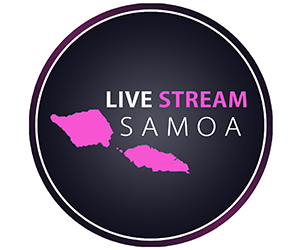Education
Ministry of Health & NUS collaborate to strengthen Health service delivery

Aiono Professor Dr Alec Ekeroma, Vice-Chancellor National University of Samoa with Dr Rasul Baghirov, Head of Office WHO Samoa after signing the Memorandum of Understanding.
APIA, SAMOA – 05 MARCH 2021: The National University of Samoa and the World Health Organisation this week signed a Memorandum of Understanding that will inject WST$123,000 into the development of online postgraduate degrees in Master of Public Health and Primary Health Care.
The MOU was signed by Aiono Professor Alec Ekeroma, Vice Chancellor, National University of Samoa (NUS) and Dr Rasul Baghirov, WHO Representative in Samoa.
These degrees are deemed important for capacity building of the health workforce in Samoa, and by extension the Pacific.
Degrees in both Public Health and Primary Health Care will be essential for health care providers working in the District Hospitals and in the private sector. In addition to improving clinicians’ knowledge and skills, they will support the standardization of care and service delivery in both sectors.
This is an important step to reorient health services as per Samoa’s Health Sector Plan (HSP) 2019/20-2029/30 and towards achieving Universal Health Coverage (UHC) for all Samoans. It began with discussions among the Ministry of Health (MOH) and its stakeholders, and the World Health Organization (WHO), and facilitated with funds from the Japan UHC.
Pacific Island people suffer from similar diseases and health challenges in primary health care. This programme will, therefore, strengthen and enhance the capacity, capability and confidence of young clinicians to manage the public health and primary health care conditions that are plaguing Samoans and other Pacific Island countries. These current problematic conditions include rising levels of non-communicable diseases, vector and water-borne diseases, low immunization rates, and maternal health just to name a few.
This programme will also support the young clinicians in other areas where they have little experience such as in health services and health system management. Further, they will be able to better tackle the possibility of wide-spread community transmission of COVID-19 or other health emergencies should it reach our shores.
“The programme and benefits align well with WHO’s mandate of Universal Health Coverage and the Sustainable Development Goals to reach all communities and ensure that no one is left behind,” says Dr Baghirov.















